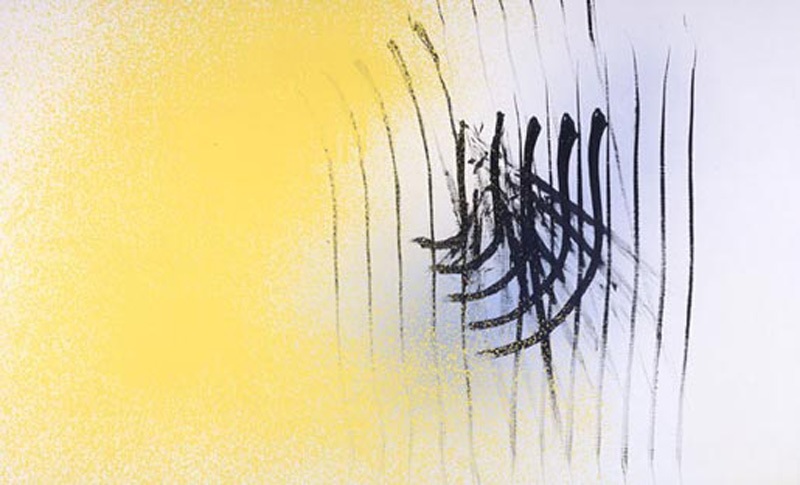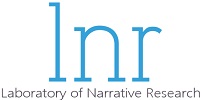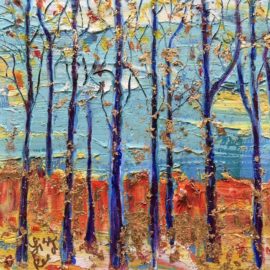The Laboratory of Narrative Research (LNR) is a teaching and research unit that is part of the School of English at Aristotle University of Thessaloniki. It has been designed to bring together scholars and researchers from across the humanities, the social sciences and other scientific fields who have a special interest in the workings and the politics of narrative production.
Lab Director: Dr Effie Yiannopoulou

Overview
This is a series of seminars that are addressed to students and will focus on the ways narratives travel across borders of difference, be they differences of form, medium or disciplinary knowledge and methodology. This year’s seminars aim, specifically, to explore narrative forms that go beyond written and/or spoken verbal signs. We will discover the narrative possibilities of different medial environments (i.e. sound, still images, new media etc.) and see how such non-verbal narrative forms guide and shift our narrative experience when interacting with verbal ones. Each seminar focuses on a different narrative form, which participants will be invited to explore both through theoretical discussion and hands-on experiment.
Seminars
The seminars scheduled for the following months (January-May 2018) are:
“Sound Stories” (Maria Ristani)
Can sound tell a story? We know that organized sound (i.e. music) can trigger emotion or establish a setting, but can we consider sound as a narrative creating device? How does sound relate to other narrative media? In our seminar of hearing and creating sound stories, we will explore the limits and capacities of sound as a narrative tool. More here.
“Poetic Narratives and the Visual Arts” (Sophia Emmanouilidou)
What is visual literacy? How often are messages conveyed non-verbally? This seminar explores the intersections between poetic narratives and the visual arts. Participants will acquaint themselves with some of the encoded messages in poetry, discuss the themes raised in a selection of Greek and English poems, and record their individual perspectives and/or reactions in the production of a visual message (collage, sketch, drawing, photo, poster, etc). The seminar will be conducted in Greek.
“Digital Narratives and Worldmaking: a Brave New Storytelling” (Giorgos Dimitriadis)
Digital technology has affected the linearity of narrative by placing stories within larger world-building practices. Gradually blurring the lines between separate media and their relatively distinct storytelling modes, narratives extend from one medium to the other almost seamlessly. Big franchises (e.g. Star Wars), as regards both their creation and sustainability, have greatly benefited from this evolution as they are rapidly expanding via worldmaking practices: the storyline of a movie is complemented by pop-culture byproducts, such as books, animation, comics & graphic novels, toys, video games, etc. Consequently, narratives become only a relatively small part of much wider fictional worlds, which are made up of fragments of new and old media and are now approached with the combined use of terms such as canon, lore, E.U. (Extended Universe), etc.
Seminar details will be announced on this site and the department’s mailing lists and web page two weeks before the seminar date.
For more details, contact Maria Ristani (mristani@enl.auth.gr) or Sophia Emmanoulidou (semma@enl.auth.gr).





